Most Popular
Korean History
-
1
2014 ferry disaster left scars that never healed
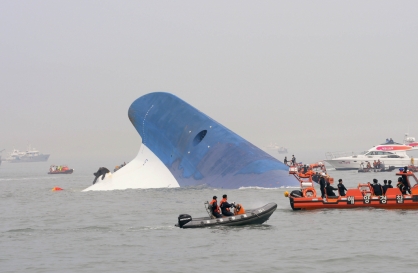
-
2
In 2012, K-pop makes leap from 'Gangnam' to the world
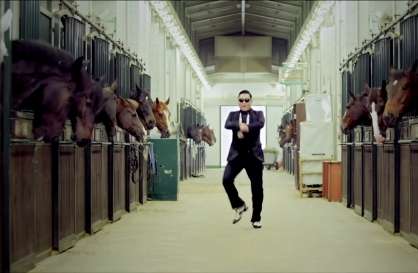
-
3
Deadly sinking of Navy ship in 2010 marks worst postwar military disaster
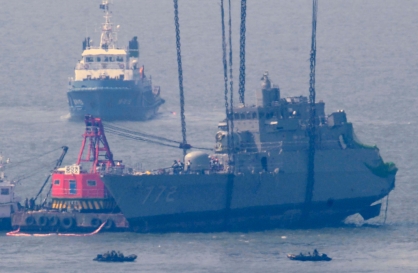
-
4
In 2008, Korea's National Treasure No. 1 went down in flames
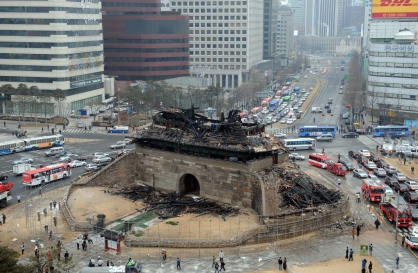
-
5
In 2005, science world’s biggest scandal unravels in Seoul
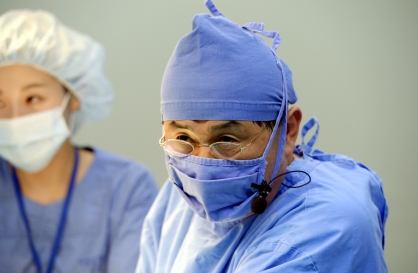
[Korean History] Operation Vienna: Filmmakers’ perilous escape from clutches of North Korea
Life imitated film when actor-director couple fled from North Korean captors in 1986 after being abducted 8 years earlier
By Yoon Min-sikPublished : May 17, 2023 - 22:13
Actor Choi Eun-hee and filmmaker Shin Sang-ok gave new meaning to the word “dramatic” when they made a daring escape to the US Embassy in Vienna on March 13, 1986. The couple's story is more extraordinary than any of the films they made, blending genres of romance, spy thriller and political documentary.
“Choi Eun-hee, Shin Sang-ok flee to West after 8 years of NK shackles” reads the front page of The Korea Herald in its March 19, 1986 edition, telling the story of the top director-actor duo’s mysterious disappearance, sudden emergence in North Korea and escape to the free world.
The couple claimed they were abducted by the North and held captive there, where they were forced to help advance the hermit kingdom’s filmmaking. They said Kim Jong-il, the son of the North’s founder Kim Il-sung, was the one who ordered their abduction.
The star couple and a powerful man who eyed them
Choi was among the biggest superstars of the silver screen in the post-Korean War era, even accompanying Marilyn Monroe when she visited South Korea in 1954 to perform for the US soldiers dispatched here. She won best actress three times at the Buil Film Awards from 1959 to 1966, one of the most prestigious local cinematic awards at the time.
Shin was among the most accomplished directors of South Korean cinema. His films won best picture and best director awards locally, while winning multiple best director's awards at the Asia-Pacific Film Festival -- then called the Asia Film Festival.
Shin Film, a movie studio he established in 1960, was the first major film studio in the country that had the filming crew, actors and production staff on full-time pay. Shin hired top actors at the time on exclusive contracts, and his studio would pop out as many as 28 movies a year at one point.
Not only were the two among the most influential people in South Korean cinema at the time, they were involved in a complex relationship involving extramarital affairs and children out of wedlock. The two became romantically involved in 1953, while Choi was still in a common-law marriage with another man. Choi and Shin later ended their marriage in 1976.
In the late 1970s, the pair had been approached by shady figures claiming they wanted to fund their next project. The figures later turned out to be North Korean agents working under the orders of Kim Jong-il, who was the then-heir to leader Kim Il-sung.
Of the two, Choi was the first to be taken to the North from Hong Kong in 1978.
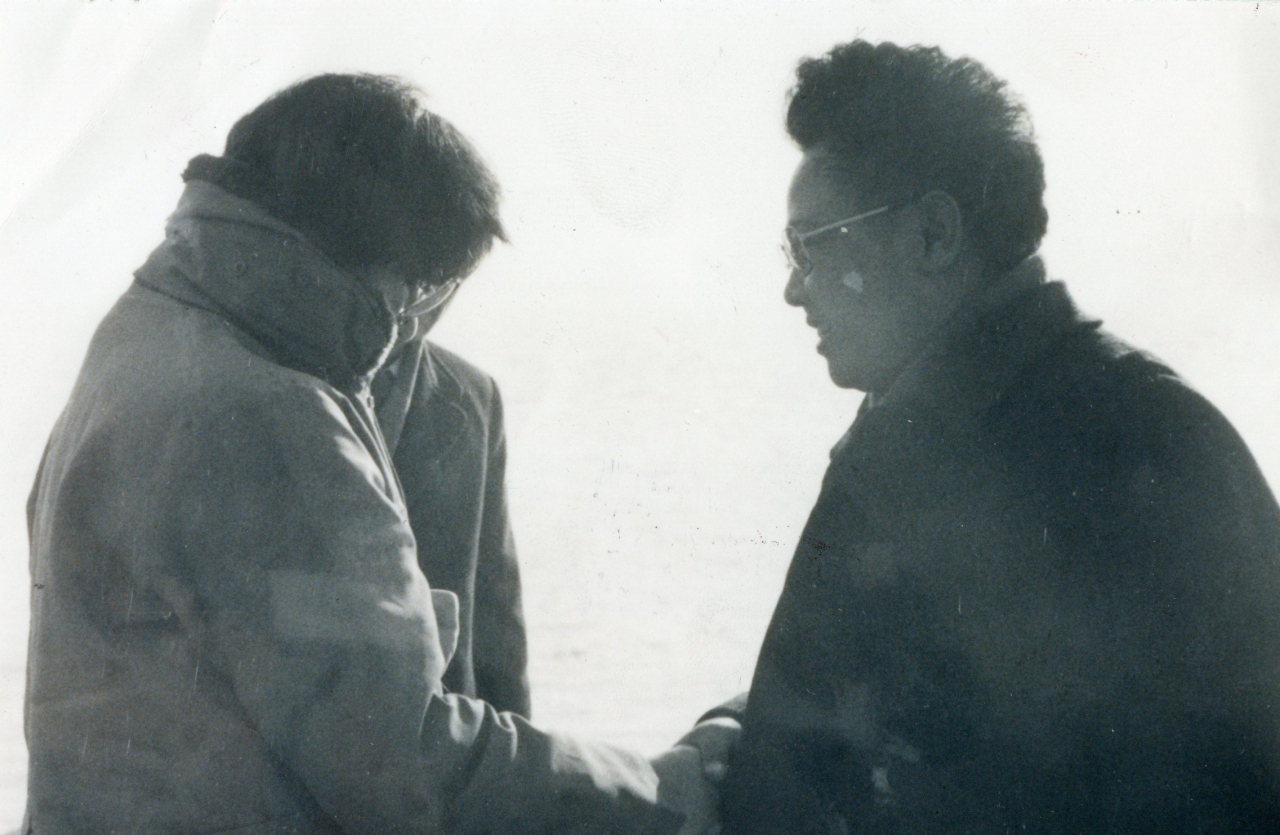
Shin, with a strong feeling that something had gone wrong, traced his ex-wife's footsteps to Hong Kong to find her. He was also kidnapped in July of that year.
While being held captive in the North, the pair reignited their love. Choi would later say that Shin going to Hong Kong in search of her made all her resentment and anger disappear.
While Kim Jong-il never unveiled his motivations, it was widely speculated that Kim -- a well-known cinephile -- did so to develop the North Korean film industry.
“(Kim Jong-il) strongly requested that I work hard to improve the quality of (North Korean) cinema and foster young actors,” Choi said at a press conference held in Seoul in 1989.
Kim Jong-il, the father of current regime leader Kim Jong-un, was very passionate about movies, and it wasn’t the first time that he sought to abduct South Korean movie personnel to help the North Korean movie industry grow.
In late 1977, Yoon Jung-hee -- widely considered among the greatest female Korean actors of all time -- and her husband, pianist Paik Kun-woo, were nearly kidnapped by North Korea. The incident was also later revealed to have been a plot under Kim’s orders.
A 1984 document from South Korea's secret agency -- revealed in 2018 by the South Korean media -- showed that after failing to kidnap Yoon and her husband, the North Korean heir decided to kidnap Choi. She was another one of his favorite female actors, as she had the “look of a model Korean woman,” the documentary said.
North Korean kidnappings were not uncommon at that time, and it was not always celebrities who were abducted. In 1969, a Korean Air commercial flight was abducted by the North, along with 47 passengers and four crew members. While the 39 passengers were returned to South Korea, the rest have yet to be returned to this day.
In the case of Shin and Choi, the goal was clear: to foster North Korean cinema, most of which consisted of ideological propaganda. The pair would make 17 films during their time in the hermit kingdom and were given carte blanche in their work.
In a 2009 interview, Choi said Kim Jong-il was extremely passionate about art and was very interested in movies. She said Kim was very open when it came to cinema.
The South Korean pair would produce some of their finest works in the communist state. The 1985 film “Salt,” directed by Shin and starring Choi, received favorable reviews throughout the world and Choi won the best actress award in the 14th Moscow International Film Festival.
Despite the dictator's support and success, the couple was done with North Korea, fed up with the authoritarian regime's constant spying and suppression. They never intended to stay in the hermit kingdom and their exodus was imminent.
It was just a matter of when and where.
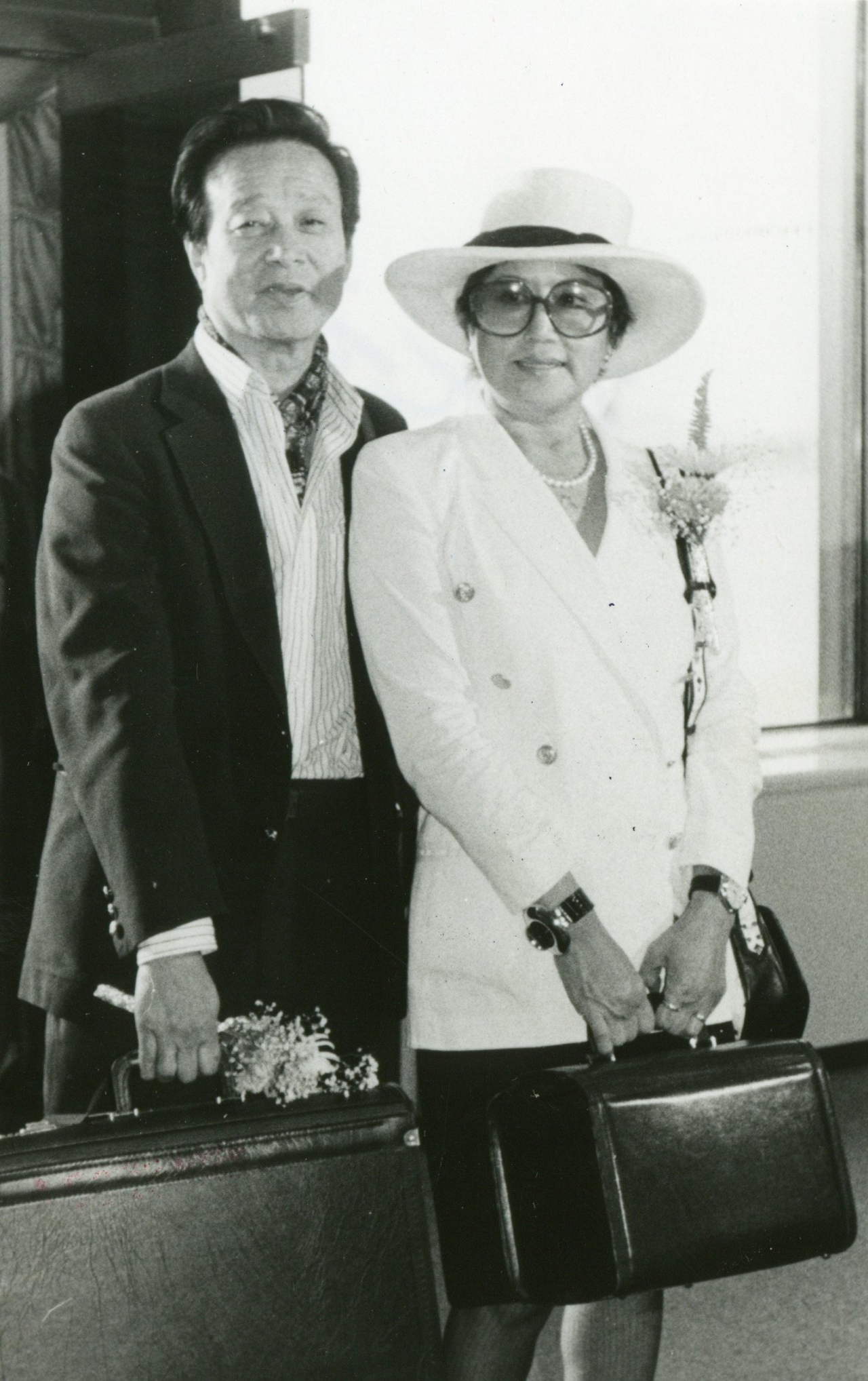
Operation Vienna
On March 13, 1986, Shin and Choi were visiting Vienna on a trip related to shooting their next film. There, Shin called up his acquaintance, a reporter at Kyodo News in Japan, for a lunch meeting.
While in the taxi on the way to the meeting, Shin told the driver to head directly to the US Embassy and told the Kyodo reporter that he was not a socialist. He said he wanted "to live quietly in the West,” and that he had already set up contact with the US Embassy. The couple appeared nervous and kept looking back. Shin told the reporter that the North was shadowing him and his wife whenever they came to the West.
A few tense moments later, the car had reached its destination and its passengers rushed inside the building. They were free at last.
The Korea Herald story said that Seoul “lauds couple's defection, asks US for proper handling.” Ministry of Foreign Affairs Spokesperson Kim Heung-soo was quoted as saying, “it is fortunate that they (Choi and Shin) escaped from North Korea to regain freedom.”
The story noted that the government's remarks about the “reasonable settlement of the matter” by the US government seemed to contain its wish for Washington to return the couple to South Korea. It cited observers who said it was “sensible and logical for them to return to the South,” and that Seoul expressed its intention to work for the couple's return.
The front page of The Herald was also packed with stories about how the US State Department stated that its assistance to the couple did not equal granting them political asylum -- saying Washington never confirmed or denied such requests -- how they were under safe custody in the US, along with the details of their daring escape. Their life under their captors was covered in the feature story “Shin-Choi flight ends 8-year odyssey of agony” on page 6, which also had a story about their “unparalleled popularity in the 1960s.”
For the next few days, The Herald would cover the talks related to the couple's potential defection to the US, how the couple was almost caught during their escape, and their possible whereabouts. By all indications, the Shin-Choi couple was the talk of the town.
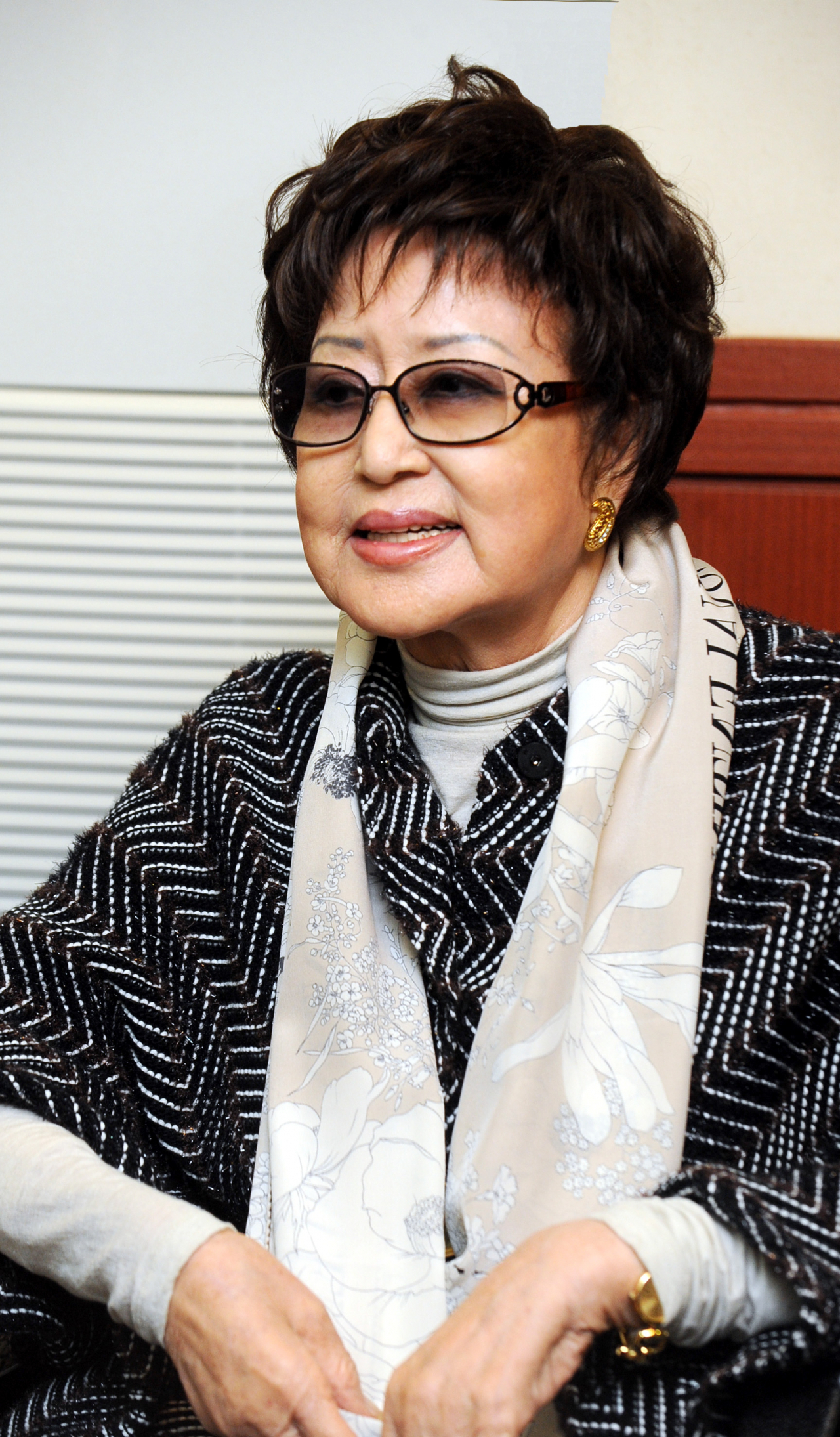
The irony was that the Korean media remained mum for days after Kyodo's exclusive report on March 15 of that year. This was due to the Seoul government's media control that demanded their silence -- at the time, military dictator Chun Doo-hwan was still in power. It was only after Washington's official announcement that Seoul removed the muzzle.
This was not the first time the government controlled the media. The couple's initial kidnapping in 1978 did not make the news, as the administration of then-President Park Chung-hee -- another ironfisted dictator -- did not disclose related information. It was only in 1984 that the public knew that they were in the North.
For decades, the couple was tormented by malicious rumors, mainly the one claiming that they actually defected to the North of their own free will. The couple decided to defect to the US citing safety concerns, particularly over potential threats from the North Koreans.
In 1989, Shin-Choi couple visited South Korea on the request of the Roh Tae-woo administration, where they were interrogated about the details of their abduction. Authorities probed the couple and concluded that they were indeed taken to the North against their will.
The couple continued to live in Los Angeles under the protection of the US Central Intelligence Agency before permanently relocating to South Korea in 1999. The two Koreas held their first summit the very next year.
Shin passed away in 2006 and Choi in 2018.
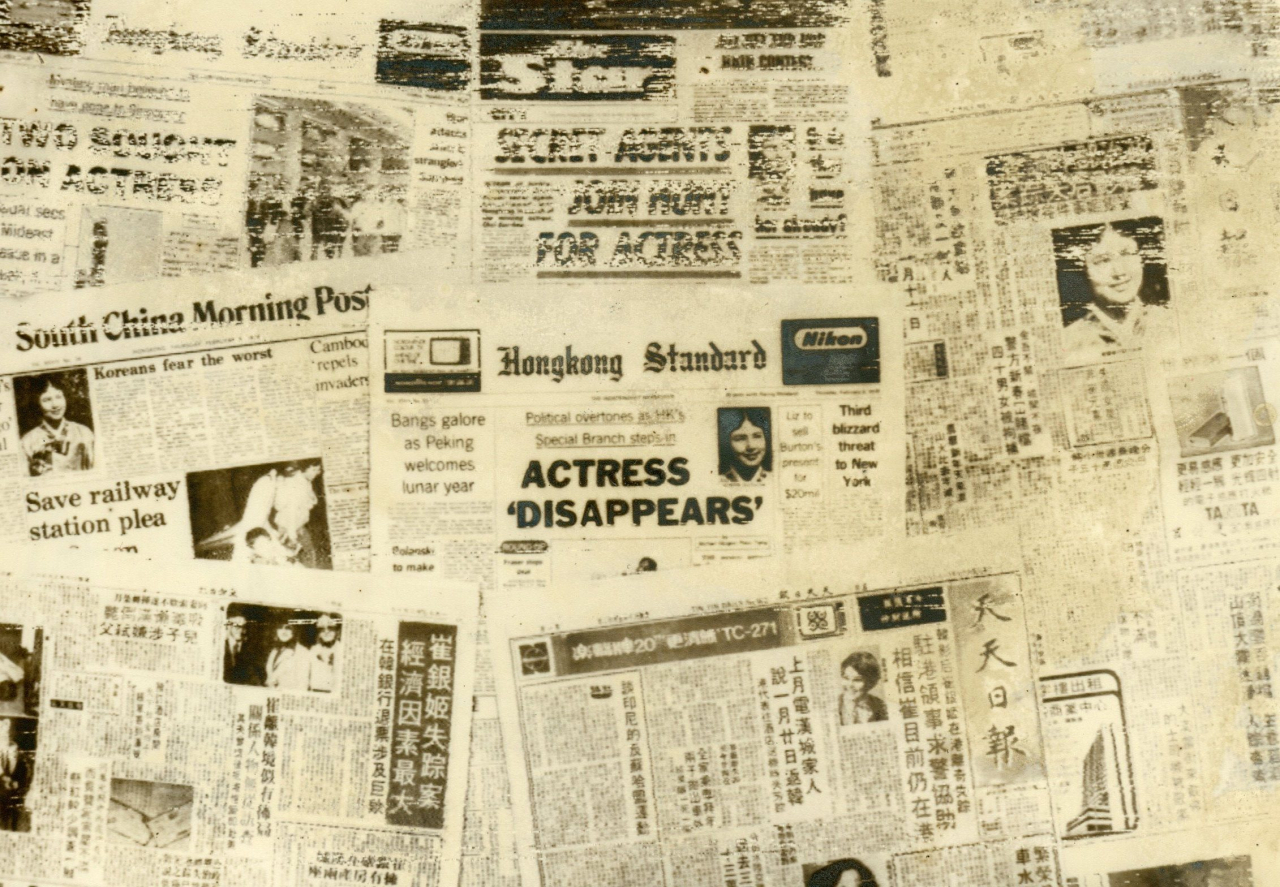
























![[Today’s K-pop] Treasure to publish magazine for debut anniversary](http://res.heraldm.com/phpwas/restmb_idxmake.php?idx=642&simg=/content/image/2024/07/26/20240726050551_0.jpg&u=)